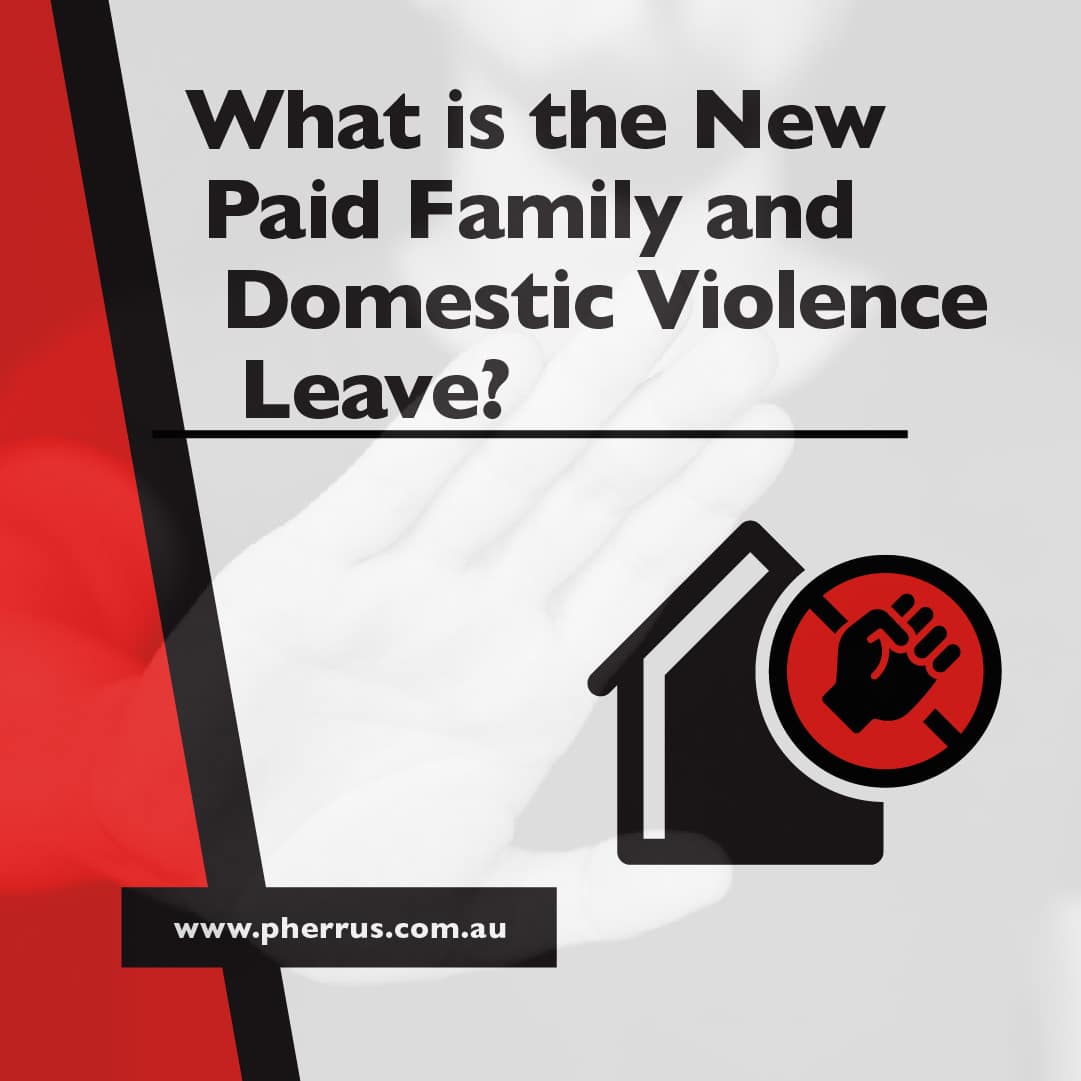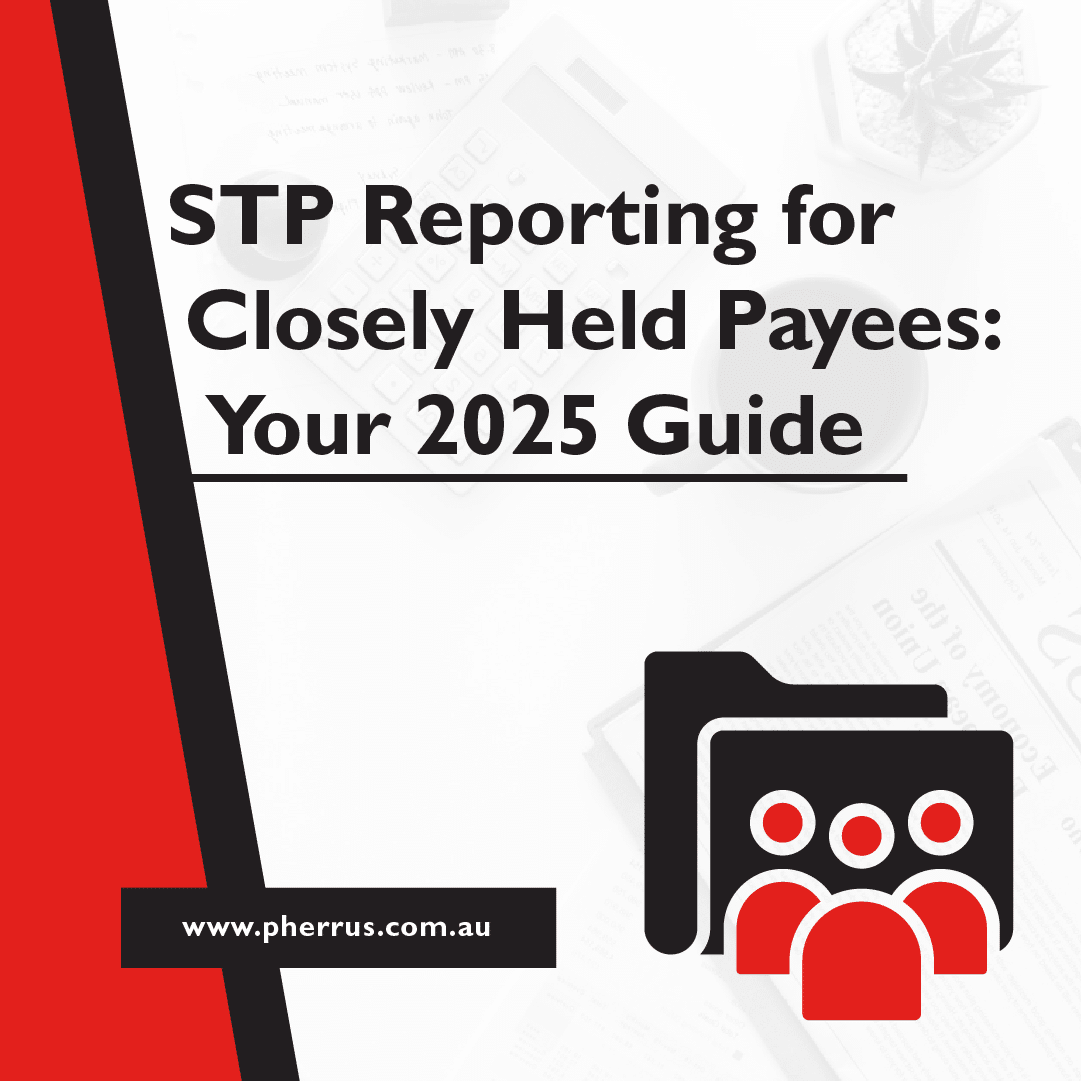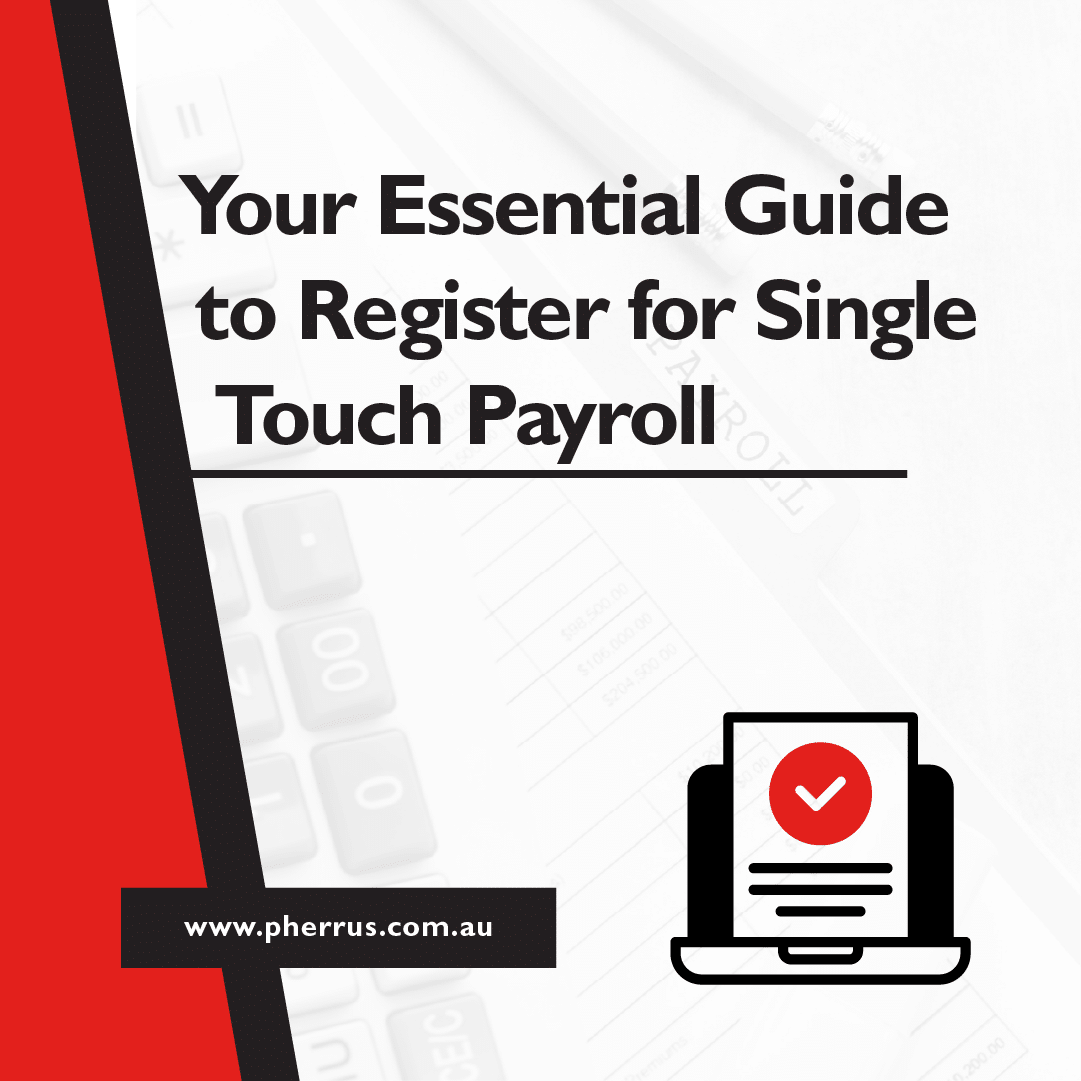Are you an employer in Australia who is looking to understand the new Paid Family and Domestic Violence Leave policy?
This new policy, which is part of the Fair Work Amendment (Paid Family and Domestic Violence Leave) Bill 2022, is set to go into effect in 2023.
In this article, we’ll explain what you need to know about the new policy, and how to prepare for it.

Background to the new scheme
Australia has recently introduced a new Paid Family and Domestic Violence Leave (PFDL) scheme, which will come into effect from 1 July 2021.
This scheme provides 10 days of paid leave for employees who have experienced family and domestic violence so that they can take the time off needed to attend court hearings, access counselling, relocate, or take other actions necessary to protect themselves and their families.
The new PFDL scheme is a welcome addition to the existing family and domestic violence (FDV) leave provisions in Australia, which previously provided 5 days of unpaid leave.
It is estimated that 1 in 6 Australian women has experienced physical or sexual violence from an intimate partner and that 1 in 4 Australian women have experienced physical or sexual violence from any other person since the age of 15.
The PFDL scheme is an important step in providing greater protection for those affected by FDV in Australia.
It will allow employees to take the time off needed to access necessary services without having to worry about the financial implications of taking a long period of unpaid leave.
This should ensure that more people affected by FDV are able to access the support they need in a timely and cost-effective manner.
The PFDL scheme applies to all employers, regardless of their size or industry, and employees who have been employed for at least 12 months are eligible to access the leave.
Eligible employees are able to access the 10 days of paid leave in a single block or on an as-needed basis over a 12-month period.
Employers can provide additional support to those affected by FDV by ensuring that all staff are aware of the PFDL scheme and encouraging any employees who are affected by FDV to take the necessary steps to protect themselves and their families.
Employers should also consider training their staff on how to recognise the signs of FDV and how to support colleagues who may have experienced FDV.
Overall, the introduction of the PFDL scheme is an important step towards providing greater protection for those affected by FDV in Australia.
It will enable employees to access the time off needed to attend court hearings, access counselling, and take other actions necessary to protect themselves and their families, without having to worry about the financial implications of taking a long period of unpaid leave.
Employers should also ensure that their staff are aware of the PFDL scheme and how to recognise and support colleagues who may have experienced FDV.

How Is Leave Changing?
The new Paid Family and Domestic Violence Leave policy will provide employees with up to 10 days of paid leave each year to deal with the impacts of family and domestic violence.
This is a significant change from the current provisions, which allow up to five days of unpaid leave.
For more information on the current leave entitlements, you can view the Fair Work Ombudsman’s website here.
For a comparison between the current and new leave entitlements, you can view the government information page here.

When Do Employers Need To Begin Providing The New Leave?
The new Paid Family and Domestic Violence Leave provisions will come into effect on the 1st of July 2023.
Non-small businesses will need to begin providing their employees with the new leave entitlements from this date.
Small businesses will also need to begin preparing for the new leave provisions.
The government has put forward a transition period for small businesses, which will give them until the 1st of January 2024 to plan.
More information about the transition period can be found here.
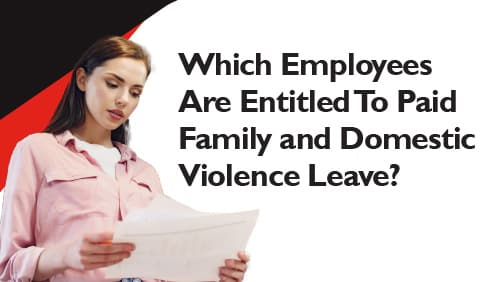
Which Employees Are Entitled To Paid Family and Domestic Violence Leave?
Under the new Paid Family and Domestic Violence Leave policy, all employees in the Fair Work system will be eligible for the leave entitlements.
For more information on the Fair Work system and who is eligible, you can view the Fair Work Ombudsman’s website here.
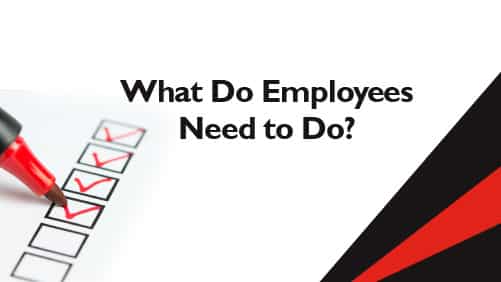
What Do Employees Need to Do?
Employees will need to provide their employers with written notice of the leave they intend to take and provide evidence of their entitlement to the leave in accordance with the Fair Work Act 2009.
For more information on the notice and evidence requirements that employees need to meet, you can view the Fair Work Ombudsman’s guide here.
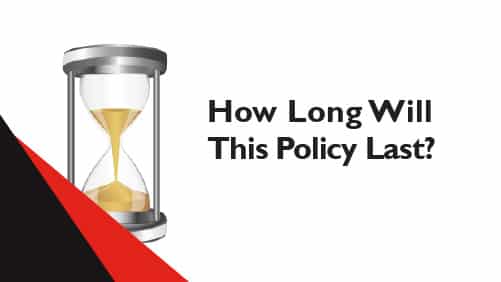
How Long Will This Policy Last?
The provisions for Paid Family and Domestic Violence Leave will be reviewed 12 months after implementation, to ensure the policy is meeting the needs of employers and employees.
For more information, you can view the government information page here.

Talk To An Expert About Preparing for The New Leave Rules
The new Paid Family and Domestic Violence Leave policy is set to go into effect in 2023, and all employers will need to be prepared for the changes.
To help employers understand the policy and plan for the changes, the government has released an official Employer Guide.
The guide contains checklists, templates and other resources to help employers with their preparation.
Employers need to begin preparing now, and you can use the official Employer Guide to create a plan, but if you still have questions talk to the experts at Pherrus today.
We can help you understand the policy and create a plan that works for your business.


